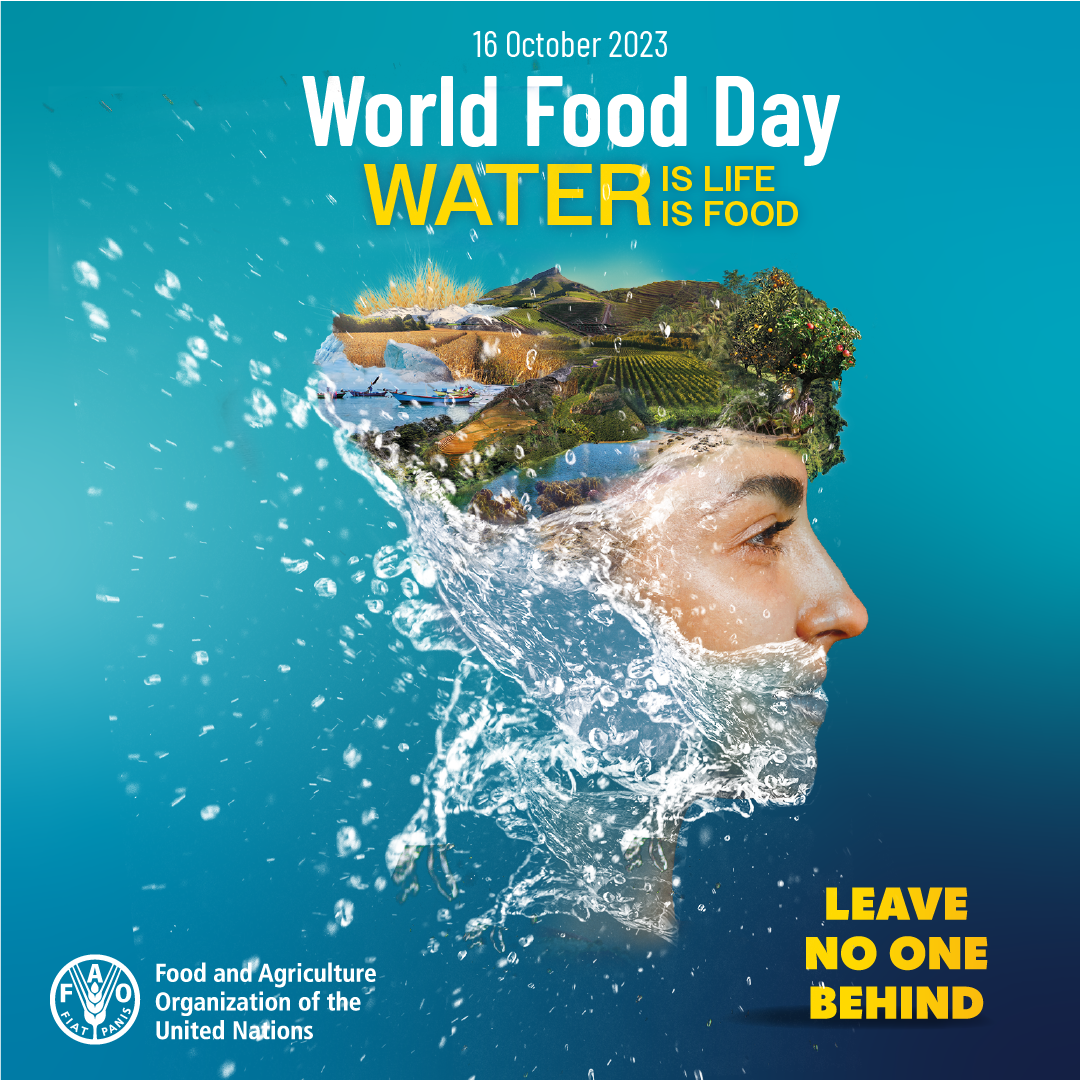Standard methodology to detect antimicrobiological resistance genes can help in monitroing and hopefully preventing antimicrobial resistance and improving health.
This chapter advances the UN SDG goals 13 and 14 by reviewing the impact of habitat degradation on local biodiversity and species invasions, particularly in the context of climate change and shifting habitat ranges.
Elsevier,
Diagnostic Molecular Pathology (Second Edition): A Guide to Applied Molecular Testing, 2024, Pages 63-77
This content aligns with Goal 3: Good Health by summarizing the current molecular methods of detection and quantification of hepatitis virus genomes, with special emphasis on the assays commercially available and applicable for clinical use.
A perspective piece on best practices to improve grassland restoration success worldwide
This Article supports SDG 3 by estimating the burden of rheumatoid arthritis. Finding include that the rate of years lived with disability due to rheumatoid arthritis increased by 13.8% from 1990 to 2020. The authors note that outcomes including severity of disability can be improved by early diagnosis and access to DMARD therapy.
In support of #WorldFoodDay, Elsevier has curated a special collection of free access book and journal content to help raise awareness for water as the foundation for life and food.
Elsevier,
Clinician's Guide to Sexuality and Autism
A Guide to Sex Education for Individuals with Autism Spectrum Disorders
2024, Pages 9-16
This content aligns with Goal 3: Good Health and Wellbeing and Goal 10: Reduced Inequalities by outlining how to use the book to provide effective teaching in sexuality education with an emphasis on individualization for specific learners.
Elsevier,
Clinician's Guide to Sexuality and Autism
A Guide to Sex Education for Individuals with Autism Spectrum Disorders
2024, Pages 3-8
This content aligns with Goal 3: Good Health and Wellbeing and Goal 10: Reduced Inequalities by introducing sexuality education curriculum for learners of all ages with autism.
This paper supports SDG 15 by showing that mangroves contribute substantially to food security and nutrition of coastal communities in Indonesia, and thus the conservation of mangroves is important not only for carbon storage and biodiversity, but also for the communities living near them.
Biological diversity is important for all aspects of life: from the food we eat to the wine we drink, supporting SDG 12

